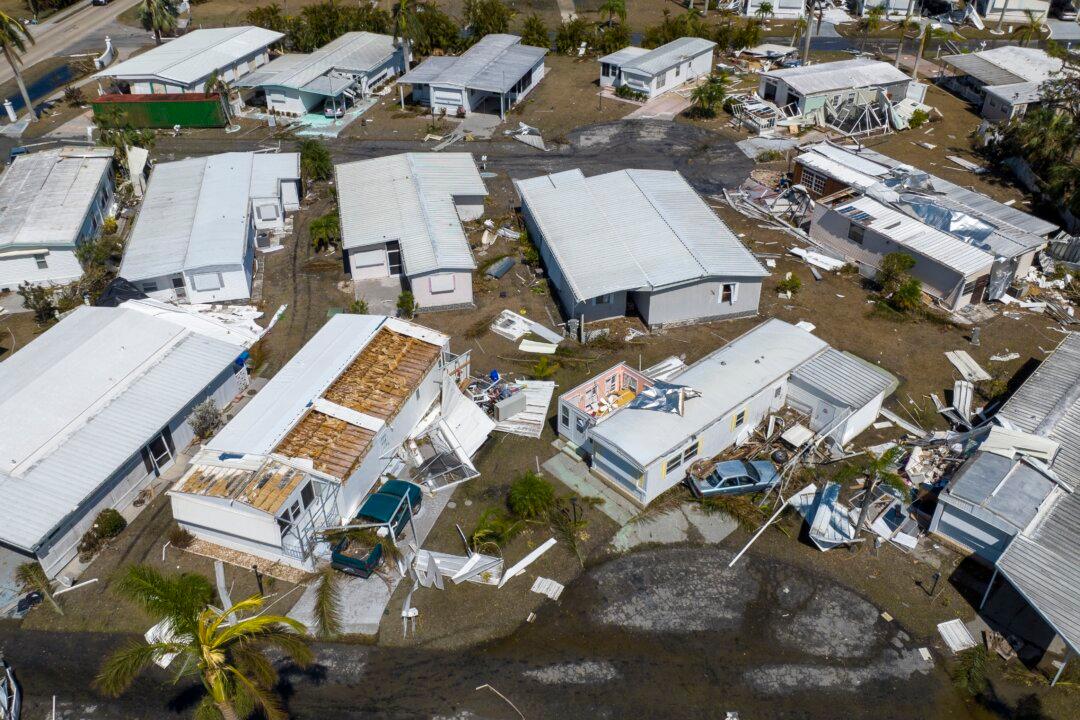Florida has experienced a rise in the number of cases of deadly flesh-eating bacteria following Hurricane Ian and chronic flooding, officials have said.
According to the Florida Department of Health, there have been 65 cases of Vibrio vulnificus infection and 11 deaths in the state this year as of Oct. 19. Throughout the entirety of 2021, there were 34 cases of the infection and 10 deaths reported across the state.





